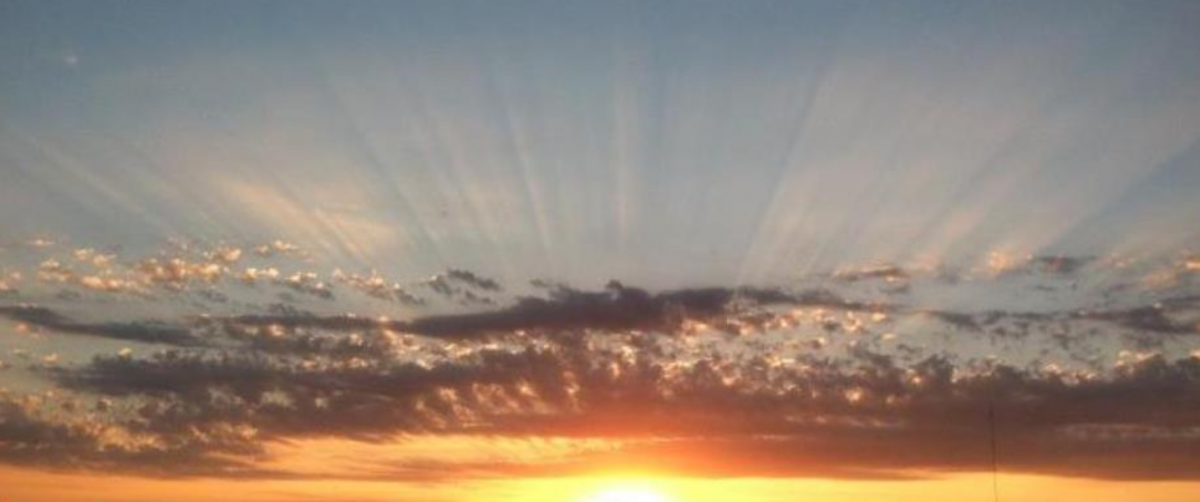
James 5:16 …..The prayer of a righteous person is powerful and effective.
Philippians 4:6-7 Do not be anxious about anything, but in every situation, by prayer and petition, with thanksgiving, present your requests to God. And the peace of God, which transcends all understanding, will guard your hearts and your minds in Christ Jesus.
Father, bless all of us with an understanding of the power of prayer and the comfort, joy and spiritual alignment with You it can bring to our “Life“.
In Jesus’ Name, we pray incomplete faith in Your Word, Amen
Join His Message for You ministry and all those celebrating and praying on this National Day of Prayer!
The National Day of Prayer is an annual day of observance held on the first Thursday of May, designated by the United States Congress, when people are asked “to turn to God in prayer and meditation”. The law formalizing its annual observance was enacted in 1952.
There had been at least two individual (i.e. single-day) national days of prayer in U.S. history before the day was made an official annual day of observance in 1952. Prior to the nation’s founding, the Continental Congress issued a proclamation recommending “a day of public fasting, and prayer be observed on July 20, 1775: “ The Honorable Congress having recommended it to the United States to set apart Thursday the 6th of May next to be observed as a day of fasting and prayer, to acknowledge the gracious interpositions of Providence; to pray that a present evil may be removed, to unitedly implore the Protection of Heaven; Success to our Arms and the Arms of our Ally: The Commander in Chief enjoins a religious observance of said day and directs the Chaplains to prepare discourses proper for the occasion; strictly forbidding all recreations and unnecessary labor.” —George Washington, First President of the United States”
During the Quasi-War with France, President John Adams declared May 9, 1798 as “a day of solemn humility, fasting, and prayer,” during which citizens of all faiths were asked to pray “that our country may be protected from all the dangers which threaten it”. On March 30, 1863, President Abraham Lincoln issued a proclamation expressing the idea “that the awful calamity of civil war, which now desolates the land, may be but a punishment, inflicted upon us, for our presumptuous sins”, and designated the day of April 30, 1863 as a day of “national humiliation, fasting and prayer” in the hope that God would respond by restoring “our now divided and suffering Country, to its former happy condition of unity and peace”. He went on to say, “…it is the duty of nations as well as of men, to own their dependence upon the overruling power of God, to confess their sins and transgressions, in humble sorrow, yet with assured hope that genuine repentance will lead to mercy and pardon; and to recognize the sublime truth, announced in the Holy Scriptures and proven by all history, that those nations only are blessed whose God is the Lord.”
More recently, the idea of an annual National Day of Prayer was introduced by the Rev. Billy Graham, who suggested it in the midst of a several-weeks crusade in the nation’s capitol. Members of the House and Senate introduced a joint resolution for an annual National Day of Prayer, “on which the people of the United States may turn to God in prayer and meditation at churches, in groups, and as individuals.”
A Senate report incorrectly claims as part of the rationale for the law that prayers were conducted at the Constitutional Convention, which adopted the U.S. Constitution: “When the delegates to the Constitutional Convention encountered difficulties in the writing and formation of a Constitution for this Nation, prayer was suggested and became an established practice at succeeding sessions,” according to the report by the Committee on the Judiciary. However, Benjamin Franklin suggested prayer, but in his own notes recorded that the convention, “except for three or four persons, thought prayers unnecessary.”
On April 17, 1952, President Harry S. Truman signed a bill proclaiming a National Day of Prayer must be declared by each following president at an appropriate date of his choice. In 1982 a conservative evangelical Christian organization called the “National Prayer Committee” was formed to coordinate and implement a fixed annual day of prayer for the purpose of organizing evangelical Christian prayer events with local, state, and federal government entities. In his 1983 declaration, Ronald Reagan said, “From General Washington’s struggle at Valley Forge to the present, this Nation has fervently sought and received divine guidance as it pursued the course of history. This occasion provides our Nation with an opportunity to further recognize the source of our blessings, and to seek His help for the challenges we face today and in the future.” In 1988, the law was amended so that the National Day of Prayer would be held on the first Thursday of May. Two stated intentions of the National Day of Prayer were that it would be a day when adherents of all great religions could unite in prayer and that it may one day bring renewed respect for God to all the peoples of the world.



You must be logged in to post a comment.